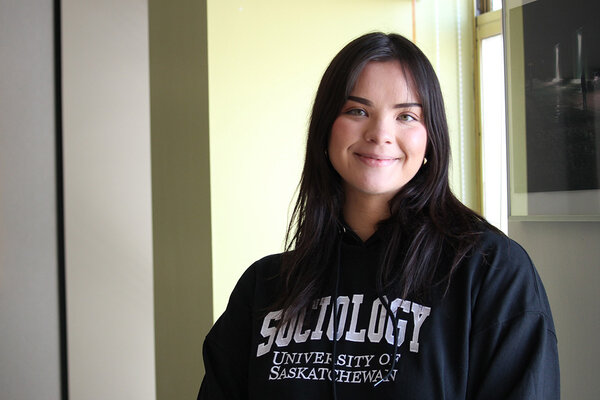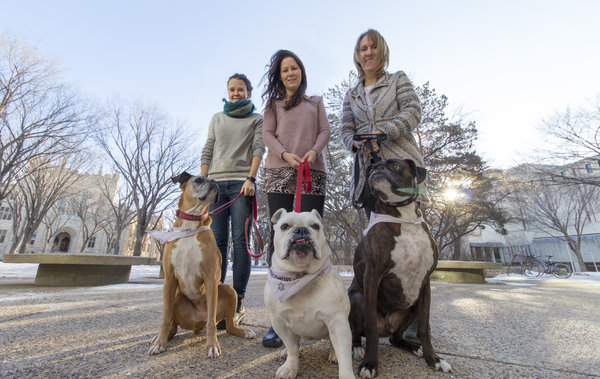Department of Sociology
What is Sociology?
“…the study of individuals and society. What makes it unique among academic disciplines is its focus from a myriad of angles, on the linkages between our individual experience and the context of the wider society in which we live. Investigating the social ties between individual and society, between our private realm and the public sphere, and between freedom and constraint – these are the heart of Sociology. Adopting this way of seeing – C. Wright Mills called it “the sociological imagination” – helps us understand how powerfully the world in which we live shapes what we do and how we do it.”A degree in Sociology gives you the skills needed to see society and human interactions in a different way. You will learn qualitative and quantitative methodologies, along with gaining a theoretical base. The skills learned from your degree will benefit you in future job positions or academic pursuits in a graduate program or applied college.
What can you do with a Sociology degree?
With a BA in Sociology, many opportunities open up to you. You can decide to continue on into graduate studies, working towards a MA and a PhD. From there you can focus on teaching, researching, or both. You can also leave the University after the completion of your BA or your completed graduate degrees and join the broader workforce. Many Sociology graduates find themselves in unique and fulfilling jobs, in areas such as politics; teaching and education; administration, business, and communication; corrections and law; public relations; community affairs; and research. You could find yourself working with the federal government or with a non-profit organization. Maybe you'll be writing policy, or advocating for human rights. The possibilities are endless because with a BA in Sociology, you are given the tools to think critically, apply problem solving strategies using your acquired researching tools, and communicate your ideas both written and orally in an organized fashion.
USask Convocation: Sociology student focuses on future advocating for Indigenous rights
Sociology graduate Jade Badger plans to advocate for Indigenous rights, including missing and murdered Indigenous women and girlsFrom ISAP student to peer mentor: USask alumna gives back to program
Tiffany Benn (BA'17) applied to become an ISAP peer mentor in her second year of university so that she could help other Indigenous students succeedUSask program seeks additional therapy dogs
Research shows interacting with animals has health benefits for humans


